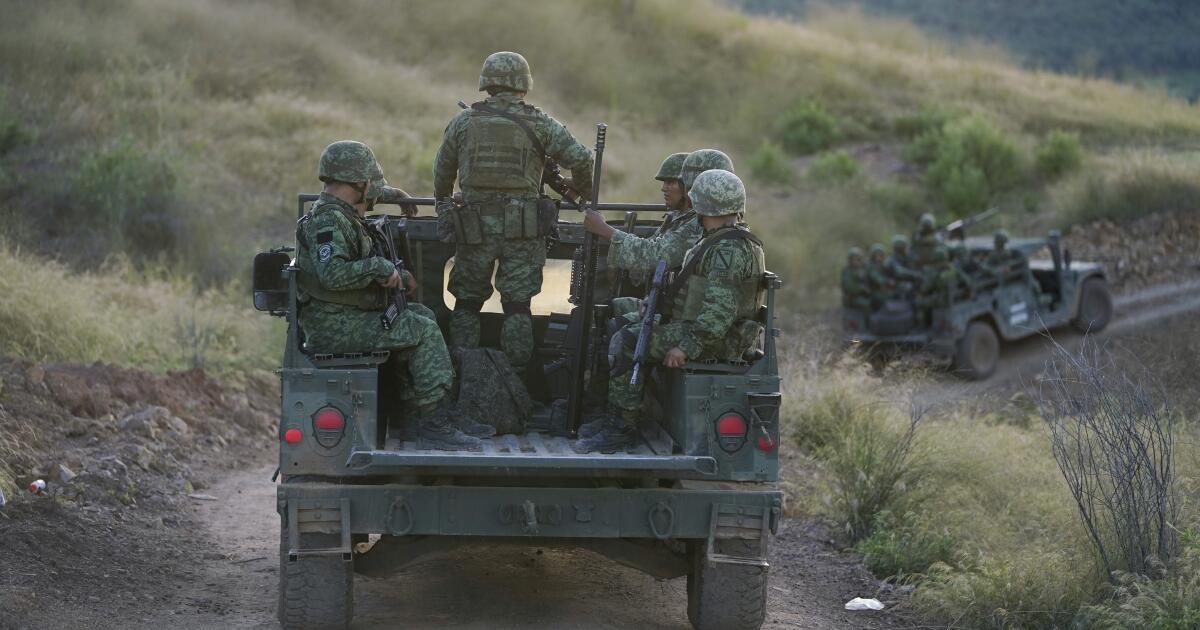KYIV (Reuters) – Ukrainian President Volodymyr Zelenskiy’s chief of staff said on Tuesday that using Western weapons to strike inside Russia was a vital decision that would impact Moscow’s tactical aviation and its capability to operate in border areas.
Following pressure from Ukraine and some of its European allies, the U.S. agreed last week to change its policy and allow Kyiv to strike inside Russia with Western weapons as part of its campaign to repel Russia’s full-scale invasion.
Kyiv said the step would help push back Russian advances and better defend territory in the northeast Kharkiv region.
“Permission to use Western weapons on the territory of the Russian Federation is a vital decision,” Andriy Yermak said on the Telegram messaging app.
“This will impact the conduct of the war, planning of counteroffensive actions, and will weaken Russians’ abilities to use their forces in the border areas.”
The decision would also help to better fend off Russian aerial attacks, Yermak said.
Ukraine has frequently targeted occupied Crimea, which Russia annexed in 2014, with Western-made weapons.
But outgunned and outmanned on the battlefield, Kyiv had pleaded with Washington to allow it to strike targets on Russian soil with U.S.-made weapons, as Moscow launched a new front in the northeastern Kharkiv region.
Kharkiv, the country’s second largest city with about 1.3 million people, is just about 30 km from the Russian border.
U.S. administration officials say the latest decision was narrowly tailored to the battle in the Kharkiv region. They say it allows Kyiv to use U.S.-supplied weapons to fire back against Russian forces “attacking them or preparing to attack them” from across the border.
Ukraine is also trying to develop its own weapons – mainly focusing on drones – to hit targets inside Russia. Some Ukrainian drones have attacked Russian oil facilities and military targets hundreds of kilometers away from the border.
One of the deepest attempted drone strikes was the attack on a long-range radar station in the city of Orsk, which is 1,800 km (1,115 miles) from the Ukrainian frontier.
(Reporting by Yuliia Dysa and Olena Harmash; editing by Andrew Cawthorne and Mark Heinrich)
